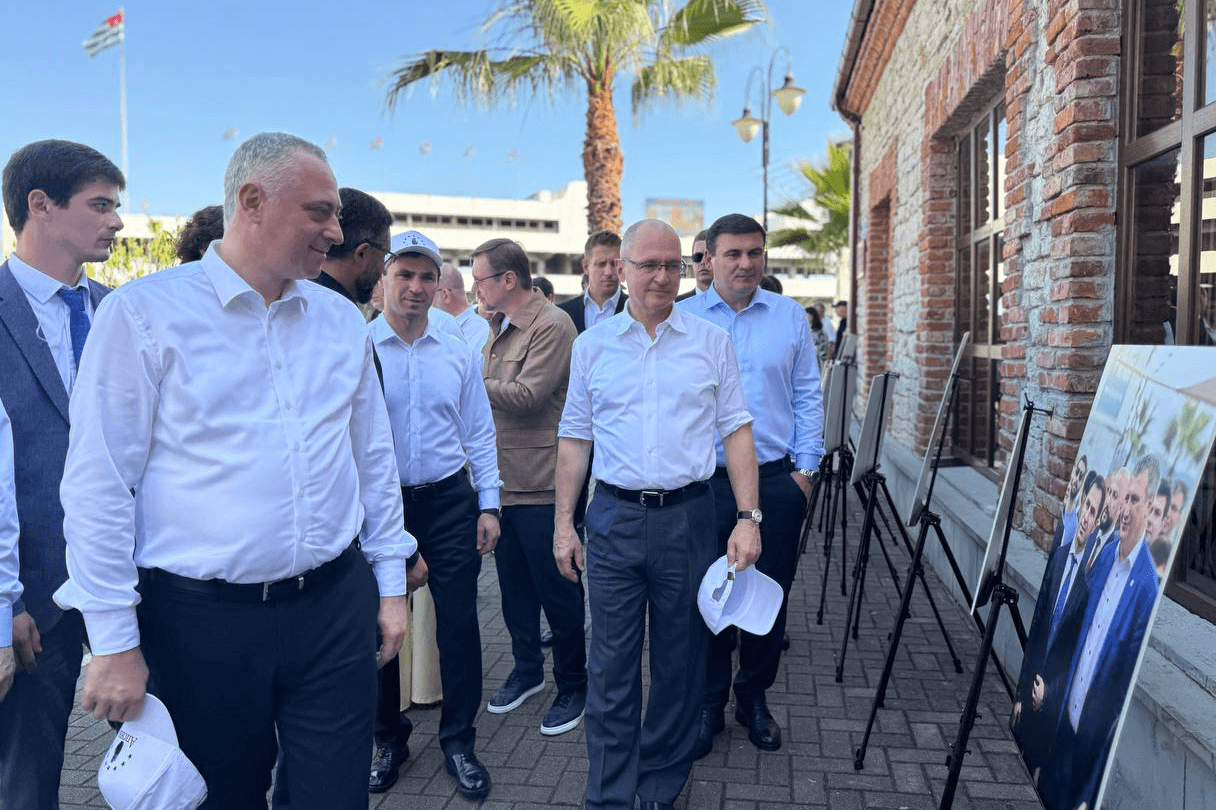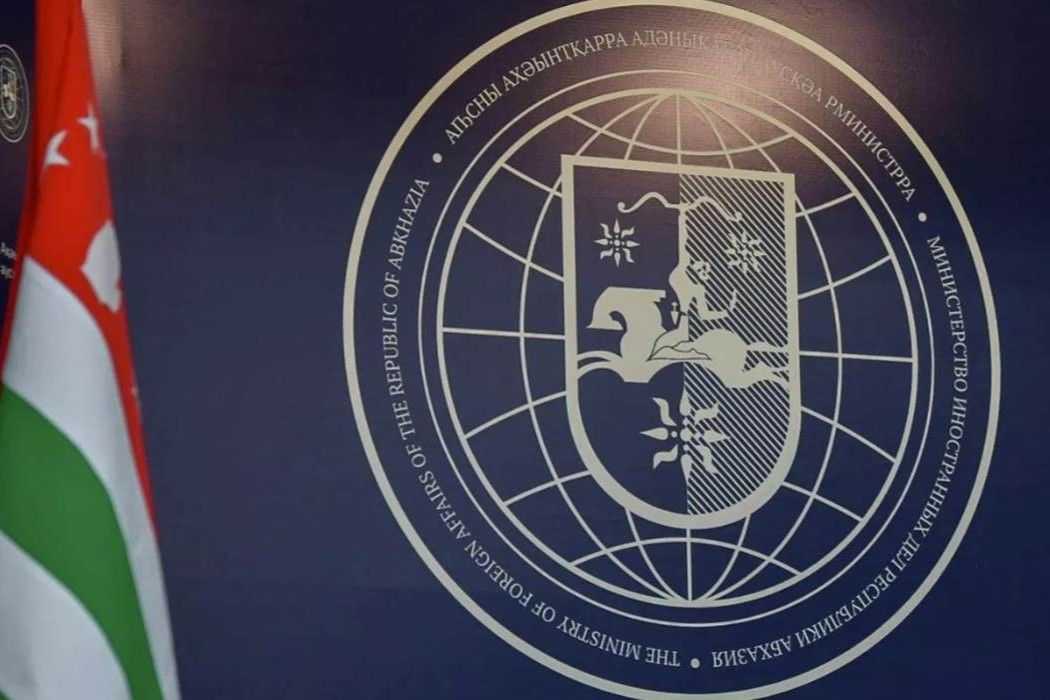
Abkhazia’s president has tabled a bill that would brand individuals and organisations that receive money from abroad ‘foreign agents’, applying restrictions on their activities.
President Aslan Bzhaniya submitted the draft law to parliament on Tuesday night, despite longstanding public opposition in Abkhazia to its introduction, prompting fierce condemnation from individuals and public organisations.
The bill is one of 46 that are set to be voted on in Abkhazia’s parliament as part of a long-running ‘harmonisation’ of Russian and Abkhazian legislation. Since it’s introduction in 2012, Russia’s foreign agent law has been used to crush civil society and independent journalism in the country.
Other laws proposed within the ‘harmonisation’ have also proven controversial, particularly laws relating to property ownership by foreign citizens and gaining Abkhazian citizenship.
MPs have two months to submit the bill for discussion by a parliamentary committee, although which committee will consider the bill remains undecided.
The bill states that any individuals may be recognised as ‘performing the functions of a foreign agent’ if they receive funds and/or property from foreign sources and participate in political activity within Abkhazia.
The explanatory note accompanying the bill states that it would help protect Abkhazia’s interests and ensure its security, sovereignty, and the rights and freedoms of its citizens. It also notes that it would ensure an ‘immediate response’ to foreign involvement in Abkhazia’s political activities.
If adopted, the bill would ban organisations and individuals deemed foreign agents from participating in politics, organising protests and rallies, and receiving state funds. Journalists declared foreign agents would be unable to gain state accreditation.
While critics have warned the legislation could be used to stifle criticism of the authorities, allies of the government have dismissed such concerns.
‘The activities of NGOs on the territory of Abkhazia will be banned, many will lose their Western salaries. What’s so terrible about that?’, wrote pro-government blogger Olesya Malanka. ‘They’ll remember how to work for a state salary.’
A ‘repressive machine’
Civil society was swift to react, with an online appeal to Abkhazian MPs drawn up by lawyer Said Gezerdaa widely shared. Around 300 individuals had added their signatures to the call as of Friday, mainly activists, NGO employees, and journalists. Abkhazia has a population of around 250,000.
The appeal states that the bill is unconstitutional, noting that Abkhazia’s constitution stipulates that ‘no law that abolishes or diminishes human rights and freedoms’ can be adopted in Abkhazia.
Gezerdaa also stated that the law was being externally imposed on Abkhazia, against its own interests. He said the law’s discussion began following a December 2021 memorandum between Abkhazia and Russia’s Justice Ministries.
The memorandum related to ‘harmonising’ Russian and Abkhazian legislation on ‘non-profit organisations and foreign agents’, he added.
‘Thus, this issue was initially actualised in connection with external attitudes regarding the areas subject to harmonisation, and not due to any serious doubts in Abkhaz society about the activities of civil organisations’, Gezerdaa wrote.
‘This was confirmed by Abkhazia’s Security Council Secretary [Sergei] Shamba, who argued that Abkhazia’s need to limit the activities of civil organisations was related to Russia’s concern regarding the presence in Abkhazia of NGOs receiving funding from international organisations.’
Other civil society representatives asserted that the law was aimed at suppressing criticism of Abkhazia’s government.
‘A considerable portion of residents of Abkhazia over the years have collaborated or received support from international organisations’, wrote activist Dmitry Mushba. ‘Among them are government officials, as well as members of their families. So, will they also become foreign agents?
They won’t, but only as long as they work for the authorities’, he said. ‘Because this law is not directed against the mythical Western influence, which does not exist in Abkhazia, but against those who express their opinions and criticise the authorities.’
Alexandra Bargandzhia, a member of the Hara H-Pitsunda (‘Our Pitsunda’) movement, accused those who advocated for the bill of themselves being foreign agents.
‘The repressive machine, built on endless “official comments” at the level of yellow-press Telegram channels, slander, denunciations, provocations, etc., never ceases to break through the bottom’, wrote Bargandzhia. ‘Be careful that, in search of foreign agents, you do not find yourself’.
Well-known opposition figure Dmitry Gvaramia compared the consequences of adopting the law to the mass expulsion of Abkhazians by Russia in the late 1800s, and the Stalinist repressions of the 1930s.
‘We cannot allow history to repeat itself by creating guards with our own hands, giving them unlimited power, and obediently becoming prisoners ourselves’, wrote Gvaramia.
For ease of reading, we choose not to use qualifiers such as ‘de facto’, ‘unrecognised’, or ‘partially recognised’ when discussing institutions or political positions within Abkhazia, Nagorno-Karabakh, and South Ossetia. This does not imply a position on their status.







